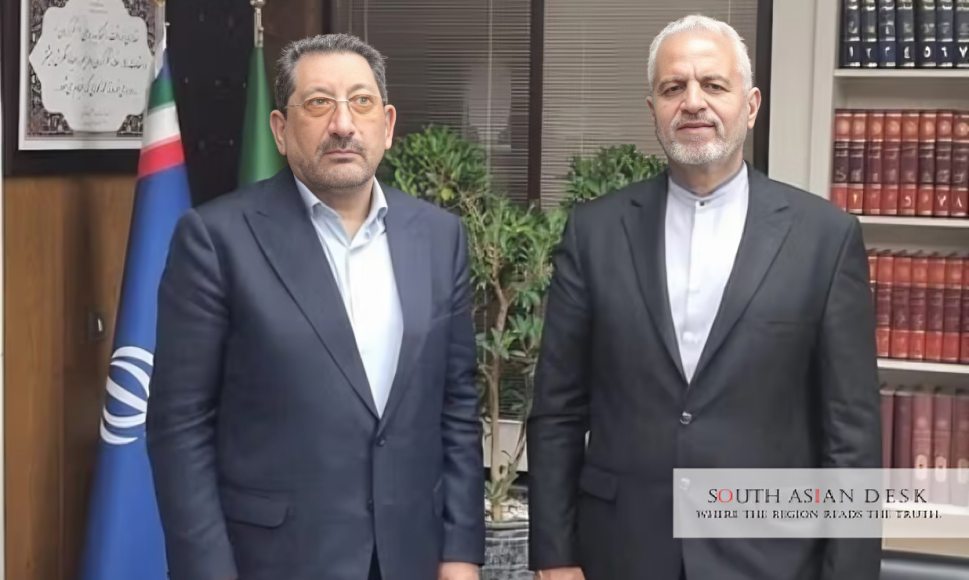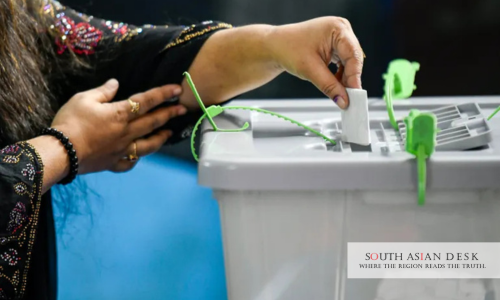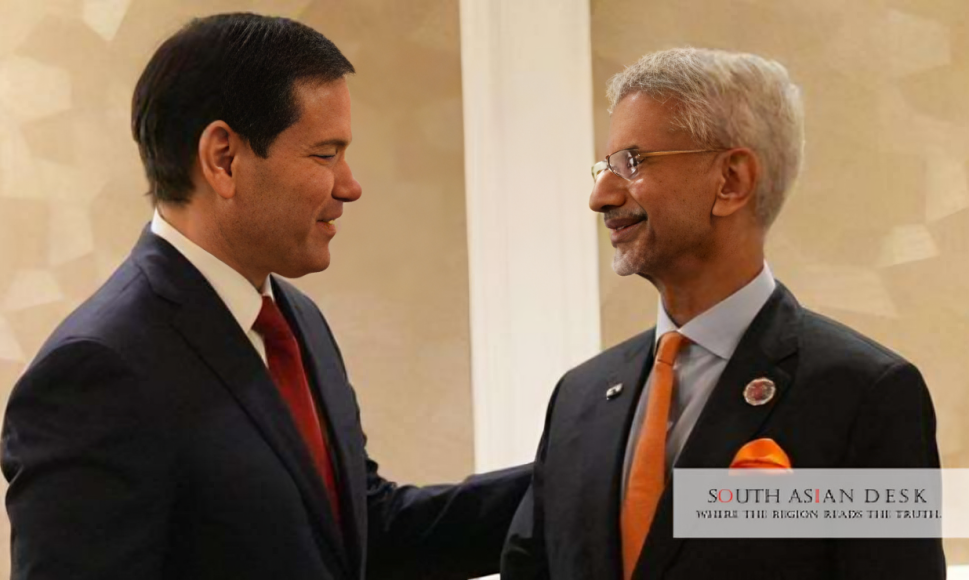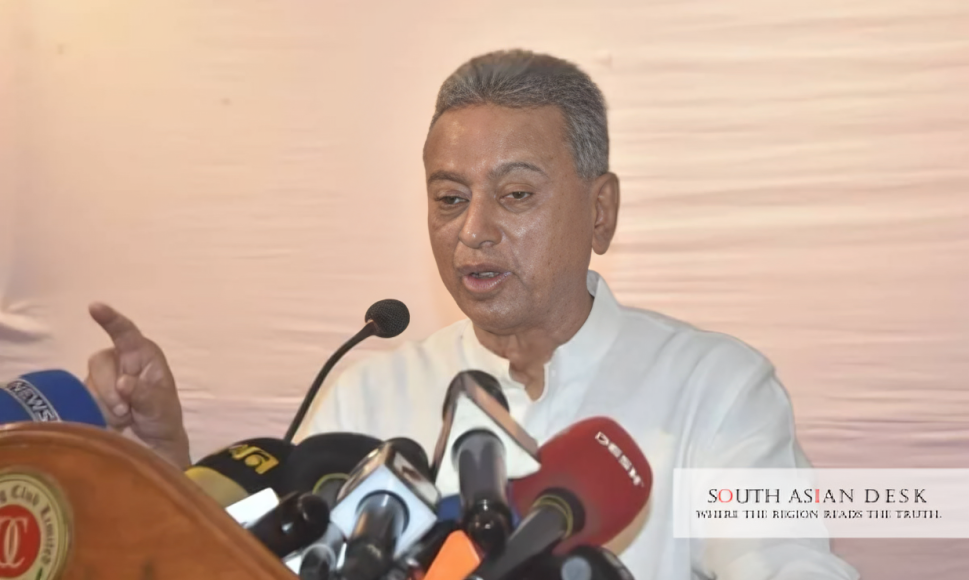A high-level Iranian trade mission arrives in Kabul, signalling renewed efforts to bolster Iran-Afghanistan relations amid shared regional challenges.
Kabul, Afghanistan – On Monday, 15 September, 2025, Seyyed Mohammad Atabak, Iran’s Minister of Industry, Mines, and Trade, led a high-level Iran minister economic delegation to Kabul, aiming to strengthen Iran-Afghanistan relations through discussions on trade barriers, transit facilitation, and joint investments, as part of ongoing bilateral economic cooperation.
Why It Matters
In the context of South Asia’s interconnected economies, enhanced Iran-Afghanistan relations could stabilise regional trade routes, reduce dependency on distant markets, and foster cross-border investments in mining and infrastructure. This visit underscores the potential for economic interdependence to mitigate geopolitical tensions, benefiting not only the two neighbours but also broader South Asian connectivity via shared borders and transport corridors.
Iran Minister Economic Delegation Engages Afghan Officials
The Iran minister economic delegation, comprising members of Iran’s parliament, private sector representatives, and officials from relevant government agencies, arrived in Kabul before noon on Monday. The primary objective is to review challenges hindering bilateral trade expansion and to explore avenues for improved transit mechanisms and collaborative investment projects.
According to Akhundzada Abdul Salam Jawad, spokesperson for Afghanistan’s Ministry of Industry and Commerce, the delegation is scheduled to meet with the economic deputies of the Ministries of Industry and Commerce, Mines and Petroleum, and Public Works of the Islamic Emirate, as well as members of Afghanistan’s private sector. These engagements are expected to address longstanding issues such as customs procedures and border logistics, which have impeded smoother exchanges.
Seyyed Mohammad Atabak emphasised Iran’s strategic interest in deepening ties, stating: “We intend to pursue the plans we have laid out during our meetings with Afghan government officials to elevate the level of exchanges and strengthen bilateral cooperation, and to initiate new programs as well.” This reflects Tehran’s broader policy of prioritising relations with neighbouring states to counter external economic pressures.
Jan Agha Nawid, spokesperson for the Afghanistan Chamber of Commerce and Investment (ACCI), welcomed the initiative, noting: “The arrival of this high-ranking Iranian delegation, led by the Minister of Industry, Mines, and Trade, is a positive step in our trade and economic relations with our neighbouring country. The Chamber’s position is that we must expand our economic and commercial ties with neighbouring countries, the region, and the world.”
Current trade figures highlight the untapped potential in Iran-Afghanistan relations. The volume of exchanges between the two countries surpasses $3.5 billion annually, yet Afghanistan’s export share remains disproportionately low. For context, Iran exported non-oil commodities worth $2.2 billion to Afghanistan in the 11-month period from 20 March, 2024, to 18 February, 2025, according to data from Iran’s Trade Promotion Organisation. This imbalance underscores the need for initiatives to boost Afghan exports, particularly in agricultural products and minerals, through preferential access to Iranian markets.
Focus on Transit and Investment Opportunities
A key agenda item for the Iran minister economic delegation is facilitating transit routes, which are vital for landlocked Afghanistan’s access to international markets via Iranian ports. Discussions are anticipated to cover enhancements at border crossings like Islam Qala, where delays in processing have historically affected perishable goods transport.
The delegation’s itinerary extends beyond Kabul, with plans to travel to Herat province. There, officials will inspect the railway network, mining sites, and the Islam Qala port, aiming to identify joint ventures in resource extraction and logistics. Herat’s proximity to the Iranian border positions it as a natural hub for Iran-Afghanistan relations, potentially accelerating projects under frameworks like the Chabahar port development, which could link South Asia to Central Asia.
Afghan authorities have expressed optimism about these prospects. The Ministry of Industry and Commerce highlighted that such visits align with the Islamic Emirate’s economic self-reliance goals, emphasising the role of Iran minister economic delegation in knowledge transfer for industrial growth.
Background
Bilateral Iran-Afghanistan relations have evolved amid shared cultural heritage and geographic adjacency, but economic interactions have faced hurdles from sanctions on Iran and Afghanistan’s post-conflict recovery. Previous high-level engagements, including a January 2025 visit by Iran’s Foreign Minister to Kabul, laid groundwork for political dialogue, paving the way for this focused economic outreach. Trade data indicates steady growth, with Iran’s exports to Afghanistan rising by approximately 15 per cent year-on-year in recent fiscal periods, though reciprocal flows lag due to infrastructural gaps.
What’s Next for Iran-Afghanistan Relations
Following initial meetings in Kabul, the Iran minister economic delegation will proceed to Herat for on-site assessments, with outcomes likely to inform a roadmap for enhanced Iran-Afghanistan relations. Stakeholders anticipate follow-up agreements on transit protocols by year’s end, potentially injecting fresh momentum into regional economic corridors and underscoring the enduring value of neighbourly cooperation in an uncertain global landscape.
Published in SouthAsianDesk, September 16th, 2025
Follow SouthAsianDesk on X, Instagram, and Facebook for insights on business and current affairs from across South Asia.






